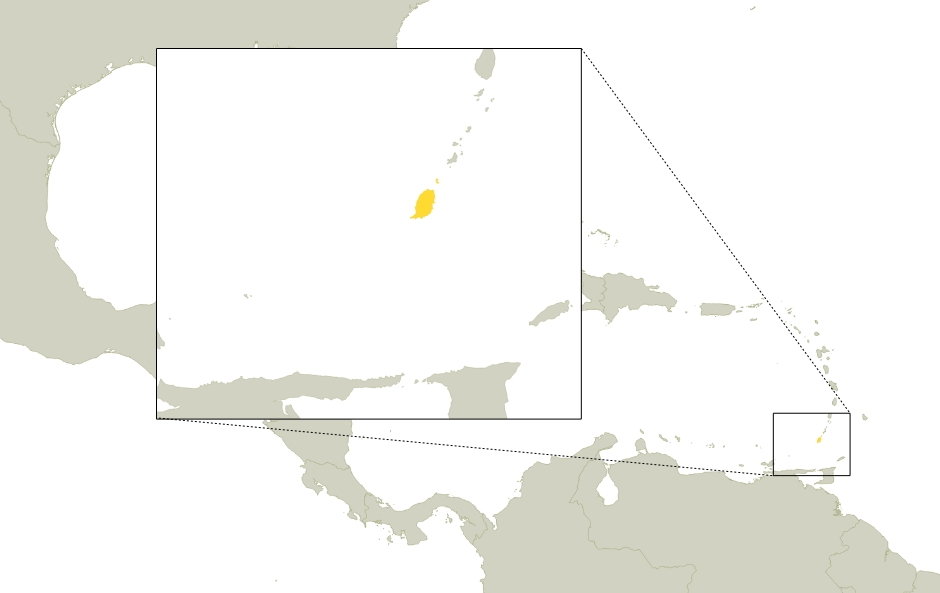Like many other Caribbean islands, Grenada is heavily reliant on tourism to support its economy. As a SIDS, Grenada’s small economy also suffers with external economic fluctuations. The country has watched the stagnation of its economic growth since 2009 due to the international financial crisis. In addition, its agriculture has been affected by both Hurricanes Ivan (2004) and Emily (2005). The rebuilding process is still a burden on the public debt.
About 11,121 people don’t have access to energy in Grenada and the island produced 193 million kWh in 2012. 98.4% of the electricity comes from diesel plants, and only 1.4% from renewable sources. Losses correspond to 7.51% of the energy consumption while small commercial uses are 49.23% of the total consumption, followed by residential consumption, of 34.81%. The island is involved in the Global Environment Facility’s two-year Energy for Sustainable Development in Caribbean Buildings Project and received a $ 2 million USD grant from the Alliance of Small Island States-China Climate Change Adaptation Pilot Program in 2012 to invest in equipment and Human Resources (training).
Current activities regarding renewable energy includes: “Demand-side energy efficiency programs; Government programs to replace incandescent lights with fluorescent lights; and The Government Energy Efficiency Program, which targets a 10% reduction in government electricity use.” The specific projects developed in the islands are the 80-kW wind turbine in Paradise Bay Resort (2007), the 10-kW solar PV system in Maca Bana Villas, counting with 111 panels (2009); the Fort Frederick demonstration of 1 kW of wind and 1.8 kW of solar PV (2012); Grand Anse GRENLEC’s 148.5 kW of PV power and 31.6-kW ground-mounted PV system in Petite Martinique, that met 20% of Grenada’s peak demand (both 2013); and the 13.9-kW PV system at St. Andrew Anglican Secondary School rooftop (2014). The PV panels were an award to the school that won the GRENLEC Debate Championship. Those initiatives are part of GRENLEC’s strategy on spreading and diversifying renewable energy in the island. The utility company intends to reduce costs (and, thus, prices) in the future. It has already shown results in (both fuel and non-fuel) energy prices in the island. In December 2015, the kWh costed $0.3117, representing a reduction of 42.5% compared to the prices in December of the previous year.
Read more:
Grenada installs PV system in rural vulnerable communities

